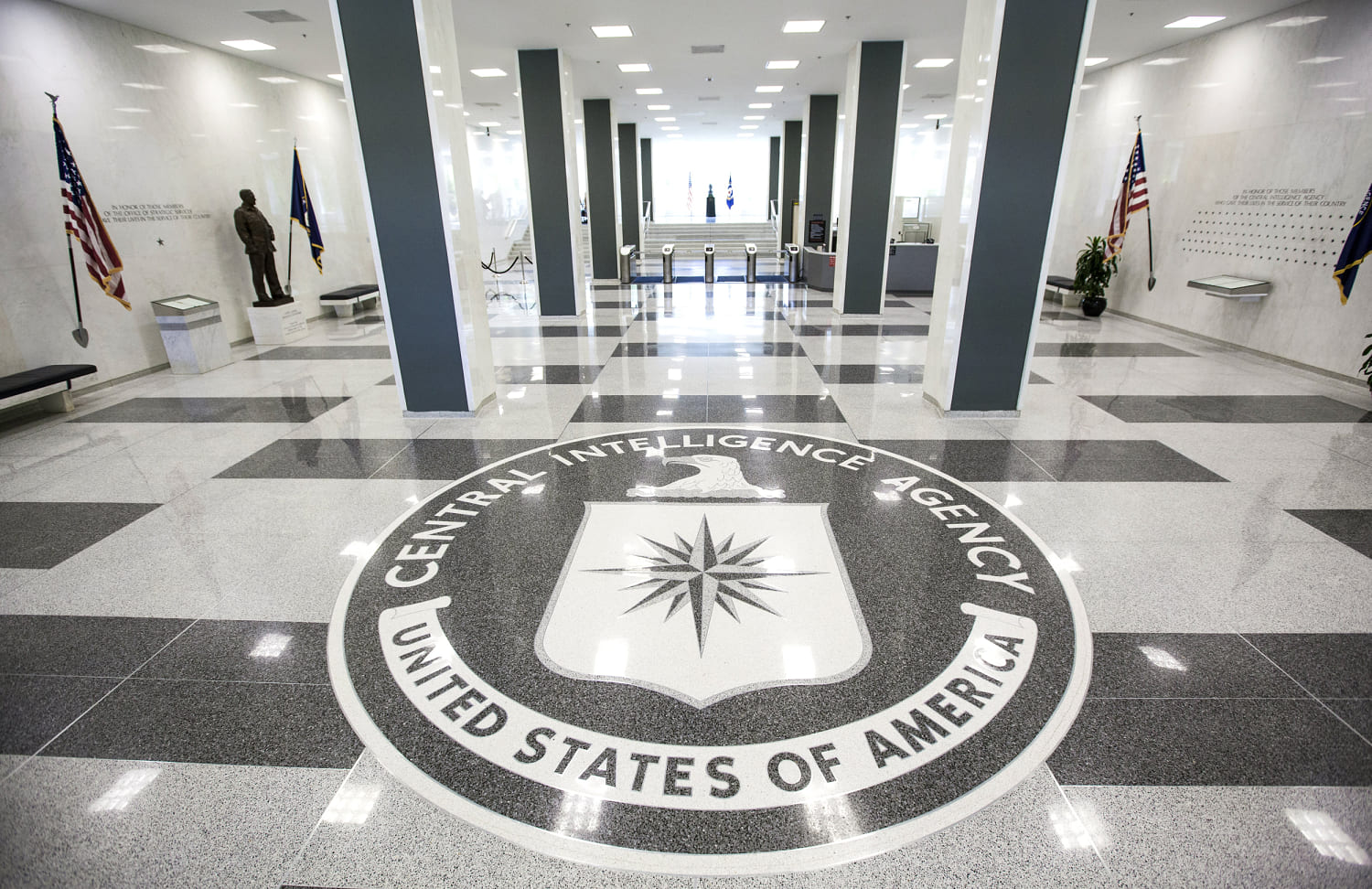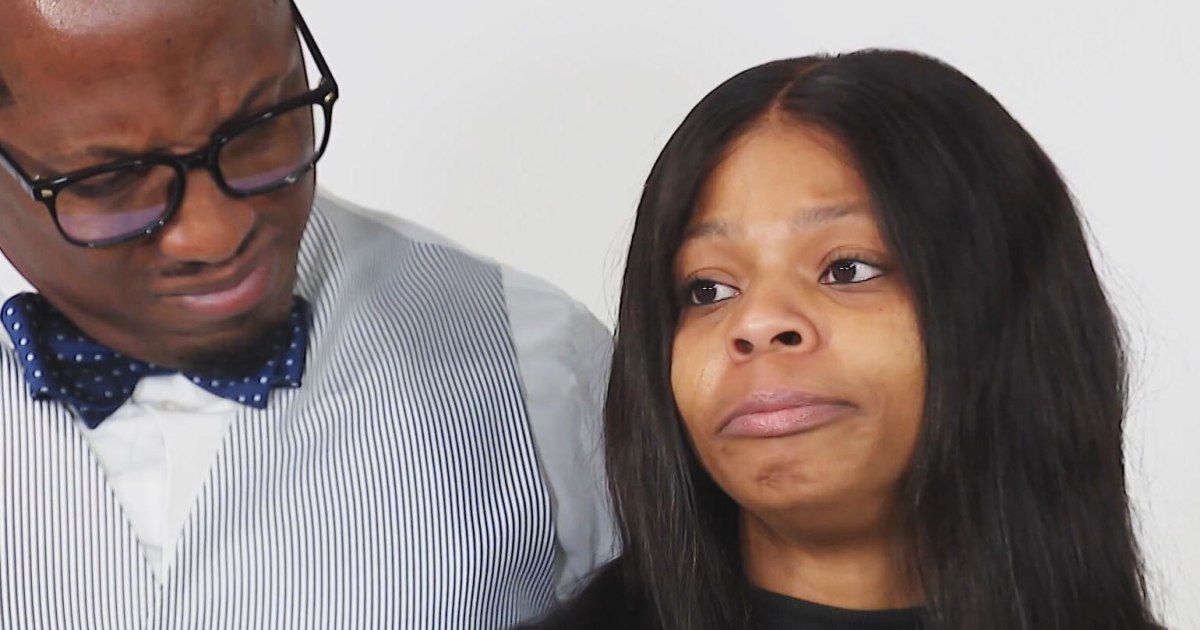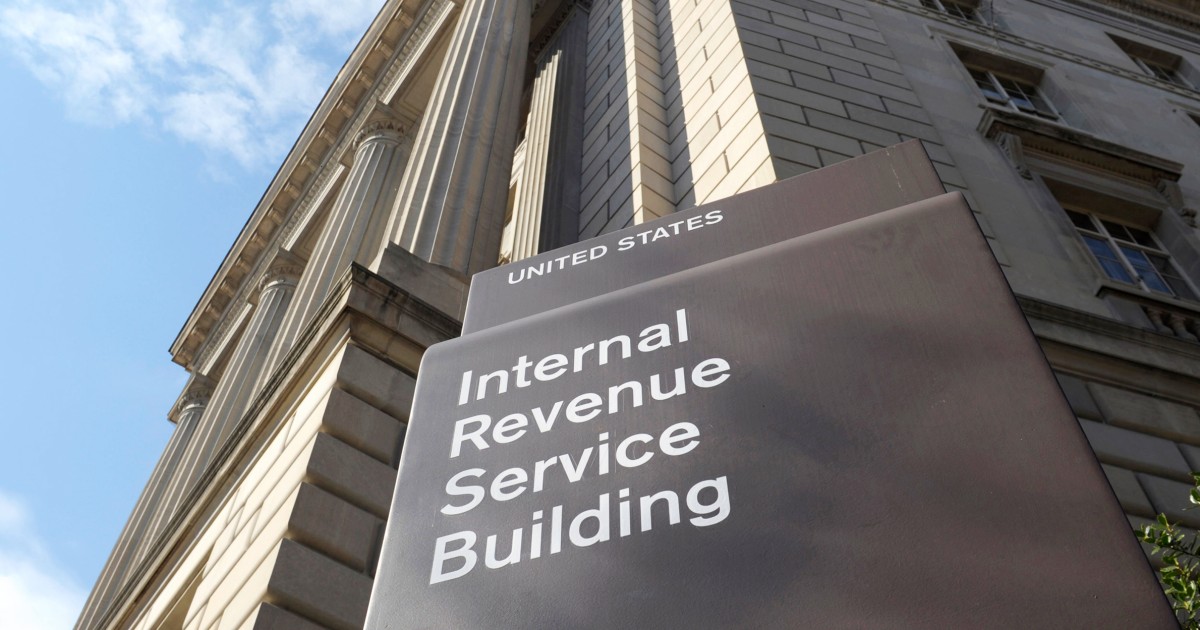
A federal judge ruled Thursday that the Trump administration can go ahead with plans to fire dozens of officers from the CIA and other intelligence agencies who had temporary jobs working on diversity programs.
U.S. District Judge Anthony Trenga said if fairness and morals were the standard on which he had to rule, he might have delivered a different decision. But the law dictates otherwise, Trenga said.
“They had the misfortune of being last assigned to a DEI program,” Trenga said, calling it a “difficult situation.”
The ruling could open the way to wider firings at the CIA and across the intelligence community as the Trump administration presses ahead with plans to slash the federal workforce and the size of the federal government. At least 51 CIA and ODNI officers now face imminent dismissal, according to the lawyer representing some of the officers, Kevin Carroll.
The judge had previously put the imminent firing of the intelligence officers on hold to hear arguments for and against the move. The lawsuit was brought by 17 CIA officers and two employees with the Office of the Director of National Intelligence, including the former head of the office overseeing all diversity, equity and inclusion efforts across all intelligence agencies, according to Carroll. At least 22 other officers were due to be fired for the same reason but were not part of the lawsuit.
At the hearing in Alexandria, Va., Trenga walked through the case step by step, and said the plaintiffs did not made a strong enough argument on the merits for any of the issues in the case.
Carroll argued that if CIA Director John Ratcliffe’s declaration that he can remove any individuals at the agency under the auspices of “national interest” was taken to its logical end, “he could fire all Blacks, all Jews, all gays.”
“He does not have that authority,” one of the government’s lawyers immediately shot back.
Ten of the plaintiffs who filed the lawsuit, along with several family members, attended the proceedings. Afterward, several of them told the government’s attorneys they should be ashamed of themselves. “That was sick,” one man said to one of the government’s lawyers. “You are really disgusting,” another said.
Carroll told reporters after the hearing that he respects the court’s decision and will be considering next steps with his clients. He said he was feeling good about something the judge suggested to the government’s lawyers — that they allow the intelligence officers to apply for other jobs at the CIA.
The officers’ legal challenge argued that they should be reassigned to other jobs under the intelligence community’s regulations as there was no evidence they had spilled secrets to foreign powers or engaged in any misconduct.
At a previous hearing Monday, the judge asked the administration to provide more information to clarify why the career intelligence officers were not reassigned to new positions instead of fired.
In a new brief filed on Wednesday, the government submitted a declaration by Ratcliffe saying he had made the decision to terminate all intelligence officers working in the diversity and inclusion office because he determined it was “in the interests of the United States.” The declaration cited federal law that gives intelligence directors wide authority to dismiss employees if national interests are at stake.
But the plaintiffs had argued that Ratcliffe’s declaration was a post-hoc justification after the termination decision was made and that it failed to adhere to past precedent set out in a Supreme Court case in the 1980s. Carroll argued that the high court had ruled in that case held that a CIA director could exercise sweeping authority over personnel only on a case by case basis, weighing the security risks posed by an individual officer but not an entire group of employees.
The Supreme Court’s past ruling “did not envisage mass firings of 51 or more officers on the basis of a domestic political issue: specifically that they carried out the orders of the previous president by implementing congressionally-mandated and funded programs in support of the civil rights statutes,” Carroll said in a written brief to the court.








